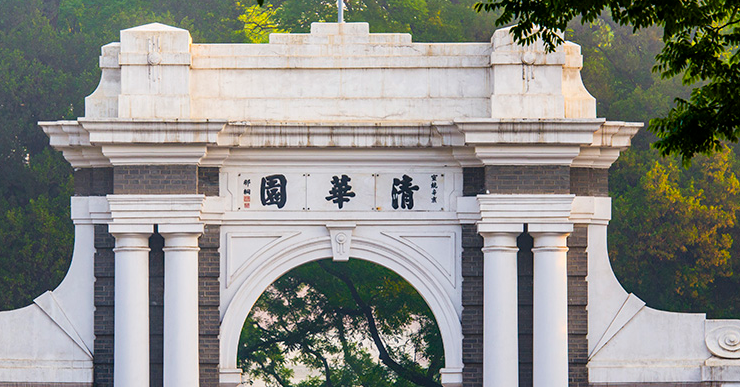




QR Code for the Conference Website (Mobile)
The INASCON 2019 advisory committee is chaired by Xue Qikun, academician of the Chinese Academy of Sciences, vice president and professor of physics of Tsinghua University. Li Yadong, academician of the Chinese Academy of Sciences and professor of chemistry at Tsinghua University, and Zheng Quanshui, chief professor of Tsien Excellence in Education Program (TEEP) and director of Micro-nano Mechanics and Multi-disciplinary Research Center (Micro-nano Mechanics Center) of Tsinghua University, serve as vice chairman of the advisory committee.
Other members of the advisory committee include: professor Zhang Zhong, director of the research office of "nanofabrication and application foundation" of National Nanoscience Center; professor Li Zhihong from Peking University; professor Zhu Hongwei, vice president of the Institute of Materials; professor Xu Zhiping from School of Aerospace Engineering of Tsinghua University; associate professor Ma Ming from Department of Mechanical Engineering of Tsinghua University; associate researcher Xu Luping from Micro-nano Mechanics Center of Tsinghua University; associate professor Wang Lai from Department of Electronic Engineering of Tsinghua University; associate professor Deng Yan from Academy of Arts and Design of Tsinghua University; Mr. E Yanxiong, vice chairman of the School Youth League Committee, and Ms. Liao Ying, director of the Center for Global Competence Development of Tsinghua International Education.
The advisory committee will give academic guidance and suggestions during the preparation and process of the conference.
We would like to express our deep gratitude to vice president E Yanxiong of the School Youth League Committee of Tsinghua University and director Liao Ying from the Center for Global Competence Development of Tsinghua International Education for their valuable experience and suggestions in the preparation and process of the conference.